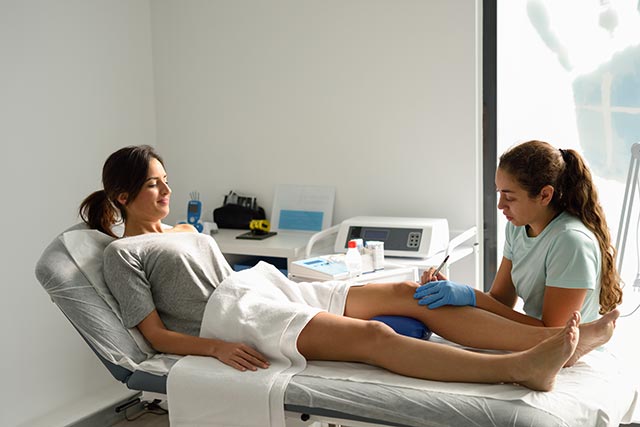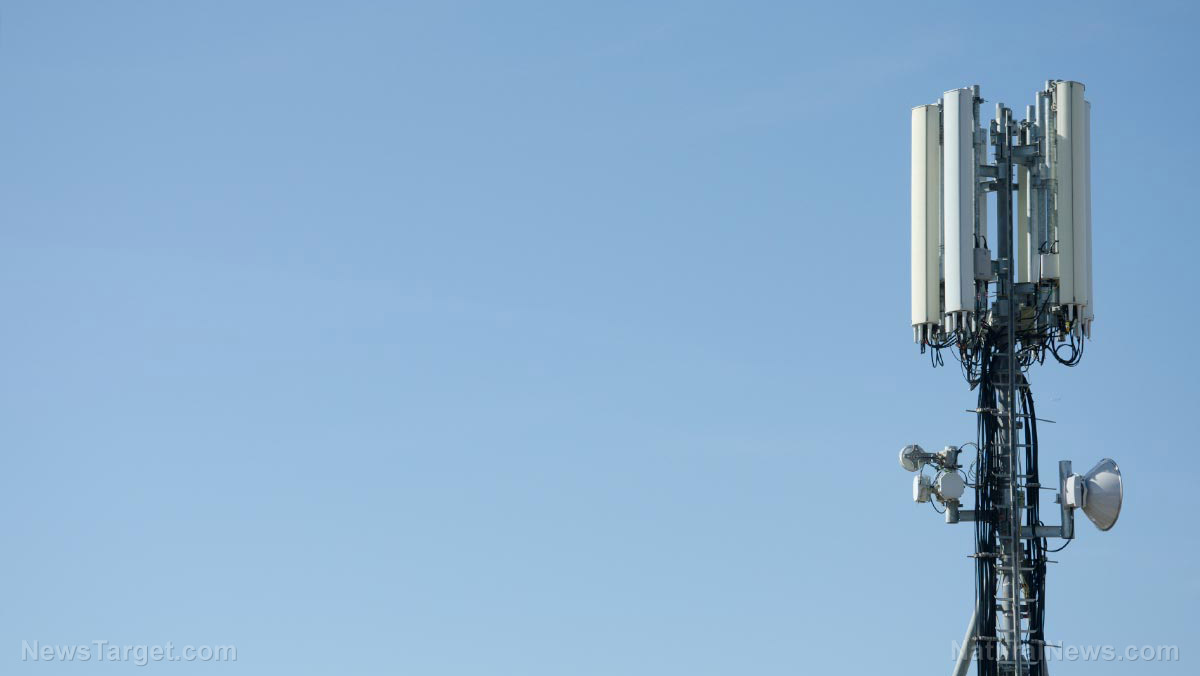Electroacupuncture helps older people regain their cognitive function after surgery
02/19/2019 / By Michelle Simmons

Researchers suggest older people who are about to undergo surgery to consider receiving electroacupuncture prior to their operation. Their study, which was published in Deutsche Zeitschrift für Akupunktur, found that preconditioning with electroacupuncture could improve the cognitive function among older patients after surgery. Electroacupuncture does this by reducing inflammatory reaction and brain injury.
Researchers at The Third Hospital of Hebei Medical University in China assessed the effects of preconditioning of electroacupuncture on postoperative cognitive dysfunction in older adults. To do this, they recruited 90 older people scheduled for spine surgery for the study and randomly divided them into two groups: a control group and an electroacupuncture group. Thirty minutes before anesthesia, participants in the electroacupuncture group received electroacupuncture on Baihui, Dazhui, and Zusanli acupuncture points or acupoints.
Electroacupuncture is a type of treatment wherein needles are inserted into the body at certain areas or acupoints and a low-frequency pulse current being electrified by an electric acupuncture machine. Stimulating different acupoints on the body surface could provide different health benefits, according to traditional Chinese medicine (TCM).
The researchers collected blood samples from the participants to measure inflammatory markers interleukin(IL)-6 and IL-10, as well as S100?, a marker of blood-brain barrier function and brain lesions. They also recorded the total dose of anesthetics remifentanil and propofol during surgery. They used the Mini-Mental State Exam (MMSE) one day before surgery and at the seventh and 30th day after surgery to assess the cognitive function of the participants.
The power of the elements: Discover Colloidal Silver Mouthwash with quality, natural ingredients like Sangre de Drago sap, black walnut hulls, menthol crystals and more. Zero artificial sweeteners, colors or alcohol. Learn more at the Health Ranger Store and help support this news site.
Based on the results, the scores of MMSE of participants in the electroacupuncture group increased after surgery compared to those in the control group, suggesting improved cognitive function. Their IL-6, IL-10, and S100? decreased one hour after skin incision and after surgery was completed. These reductions indicate that inflammatory response and brain injury were reduced. In addition, the total dose of remifentanil and propofol also decreased during surgery in the electroacupuncture group.
These findings suggest that electroacupuncture can help older people recover better after surgery.
Electroacupuncture reduces postoperative pain and analgesic consumption
Application of electroacupuncture even after surgery is also beneficial. In a study published in the journal Evidence-based Complementary and Alternative Medicine, researchers from China found that electroacupuncture may be used as a treatment for postoperative pain management after thoracic surgery.
Thoracic surgery can cause great postoperative pain, especially at the first 48 hours after the surgery. Poorly managed postoperative pain has resulted in the development of chronic thoracic syndrome and has a great negative effect on the quality of life of patients. While various pain controlling methods, such as intravenous analgesia and drugs, have been used, postoperative pain remains.
The researchers of the study aimed to assess the effect of electroacupuncture on postoperative pain management in patients undergoing thoracic surgery. For the study, they enrolled 92 thoracic surgical patients and randomly assigned them into an electroacupuncture group and a sham group. Participants in the electroacupuncture group received electroacupuncture for three consecutive days after the surgery with six sessions of 30 minutes each. Postoperative intravenous analgesia was also applied with a half dose of the conventional drug concentration in both groups. The researchers collected blood samples at 2, 24, 48, and 72 hours after surgery.
Results showed that patients in the EA group had a lower visual analogue scale (VAS) score and consumed less analgesic after surgery compared with the sham group. Moreover, lower incidence of opioid-related adverse effects of nausea and a shorter time to first gas and bowel movement was reported in the electroacupuncture group. Furthermore, electroacupuncture increased beta-endorphin release and reduced 5-hydroxytryptamine (5-HT) level.
The researchers concluded that applying electroacupuncture after surgery is a great pain management treatment; it can reduce postoperative pain, analgesic consumption, the incidence of nausea, and the time to first gas and bowel movement.
Sources include:
Tagged Under: acupuncture, alternative medicine, brain function, brain health, Chinese medicine, cognitive function, elderly, electroacupuncture, Natural Treatments, older people, pain management, post-surgery, postoperative cognitive dysfunction, remedies, seniors, surgery, therapies




















